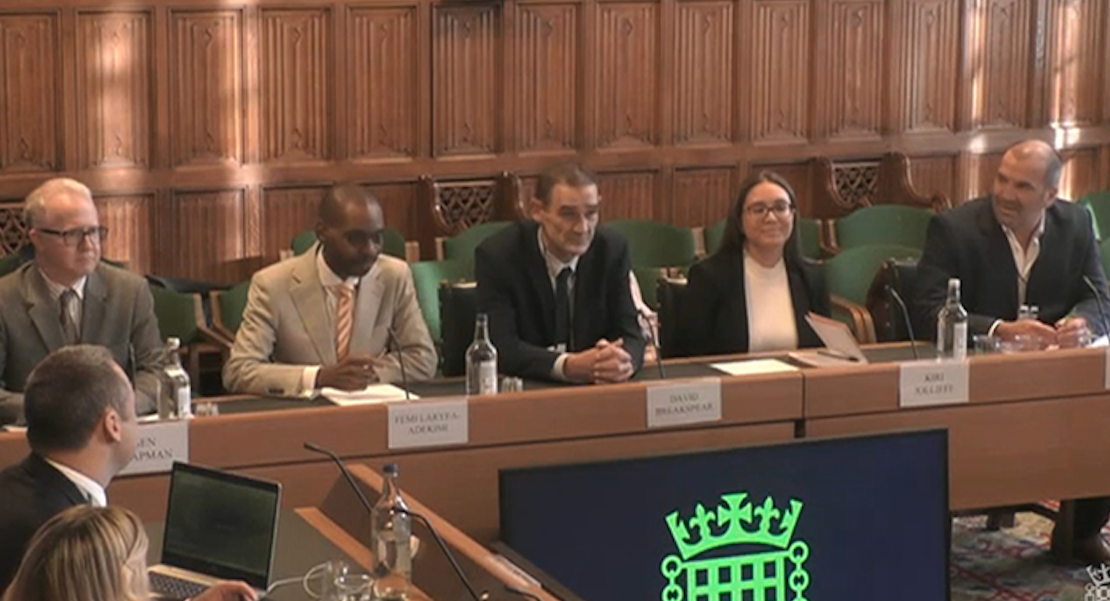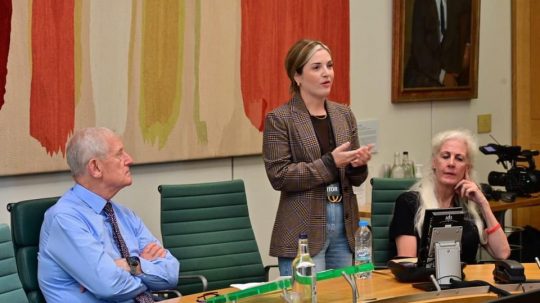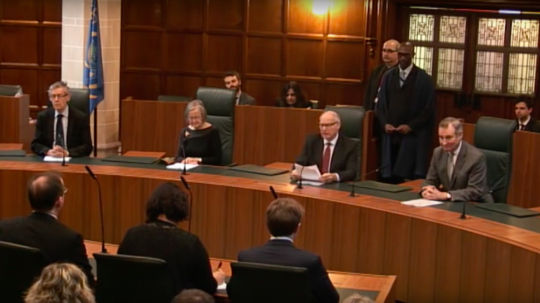A recent report by Manchester Metropolitan University, ‘The Mounting Cost of Injustice: Calculating the Economic Cost of Joint Enterprise’, reveals that £1.2bn of taxpayer money is spent annually to convict an average of 1,088 individuals under joint enterprise.
The heavy toll the doctrine of joint enterprise is taking on the already underfunded criminal justice system – including economic implications for both society and individuals, and the affects on those convicted and their families – means that the call for reform in this controversial area of the law is louder than ever.
What is Joint Enterprise?
Joint enterprise refers to a situation where two or more people are involved in a crime together. Even if only one person directly commits the offence, all individuals involved can be held responsible for the crime as secondary offenders.
The Supreme Court case of R v Jogee [2016] fundamentally altered the principle of JE by rejecting the previous doctrine established in Chan Wing Siu v The Queen [1985], where mere “foresight” of a criminal act was needed, in favour of proof that there was “intent to assist or encourage” the primary offender.
Many individuals arrested between 1985 and 2016, as secondary offenders, are serving sentences as murderers, when, had it not been for JE, they might at worst have been found guilty of manslaughter. However, they are not entitled to a retrial, despite it being admitted that the law had taken a ‘wrong turn’ in finding them guilty of the offences. What’s more, the Centre For Crime And Justice Studies identifies that R v Jogee’s amendment of the JE legal principles “has had little to no effect on Joint Enterprise charges or convictions”.
Taxpayers Spend £1.2 Billion for Joint Enterprise Prosecutions
The recent report by Manchester Metropolitan University, ‘The Mounting Cost of Injustice: Calculating the Economic Cost of Joint Enterprise’, reveals that £1.2bn of taxpayer money is spent annually to to convict an average of 1,088 individuals under joint enterprise.
The cost of processing and punishing homicide for a single defendant is £1,368,542. Each additional defendant adds a hefty £1.3m to this already astronomical figure. The report estimates the annual cost of prosecuting joint enterprise defendants runs to more than £242m. These numbers aren’t just statistics – they represent a significant drain on resources within the criminal justice system, diverting funds away from crucial areas like crime prevention and rehabilitation. In addition, many more joint enterprise appeals are likely to be launched by those convicted under the pre-Jogee doctrine if the Criminal Appeal (Amendment) Bill 2024 is passed; the financial implications are staggering.
The evidence presented within this report is even more concerning when we consider the unequal use of joint enterprise prosecutions against minors, women and marginalised communities. According to data from the Crown Prosecution Service (CPS), approximately 14% of defendants prosecuted under joint enterprise are children. Not only does this raise significant moral questions, but it also comes with a hefty financial burden, estimated at £14.5mn annually to incarcerate only 95 children.
Furthermore, the report highlights the findings from the 2017 Lammy Report, that the over-criminalisation of black and brown people, and the significant disparities in the treatment they face within the criminal justice system, amounts to a whopping annual cost of £309m. How many of these defendants are caught by the intersections of joint enterprise and a biased system?
What is the the Real Cost?
Beyond the balance sheet, the moral, ethical and social costs of joint enterprise resulting from the law ‘taking a wrong turn’ are substantial. Innocent bystanders and minor offenders find themselves swept up in a net of guilt, their lives irreparably altered by unjust convictions. Families are torn apart, communities are shattered and trust in the legal system is eroded. Moreover, the disproportionate impact of joint enterprise on marginalised communities perpetuates cycles of inequality and injustice.
Calls for Reform Continue
The Joint Enterprise (Significant Contribution) Bill seeks to redefine the threshold for criminal liability under joint enterprise by amending the Accessories and Abettors Act 1861. Kim Johnson MP has proposed this bill with the support of several public figures and advocacy groups. The bill has been backed by MPs Sir Robert Neill, Barry Sheerman, John McDonnell, Paula Barker, Rachel Hopkins, Kate Osamor, Liz Saville Roberts, Kenny MacAskill and Chris Stephens, and JENGbA – a not-for-profit campaigning group run by volunteers and supporters.
Johnson stated: “In 2016, the Supreme Court ruled that the law had indeed taken a “wrong turn” for over 30 years. The Court rightly restored the proper law of intention so that those who intend to commit or assist a serious crime can be properly convicted.”
She continued: “But any optimism that this would lead to meaningful change was short-lived. Research by the Centre for Crime and Justice Studies identifies that the judgment has had little to no effect on charges or convictions. And the Court of Appeal decided that prisoners whose juries had been directed to consider foresight, rather than intention, should not have a retrial. Many of these people are serving life sentences for a murder that they did not either commit, intend to assist, nor share any intention for it to happen.”
However, the Significant Contribution Bill seeks to amend legislation, meaning it would require individuals to have made a “significant contribution” to the crime in order to be found guilty. The amendment aims to protect innocent bystanders, and vulnerable and minor offenders, from wrongful convictions while ensuring that those truly responsible face appropriate consequences.





